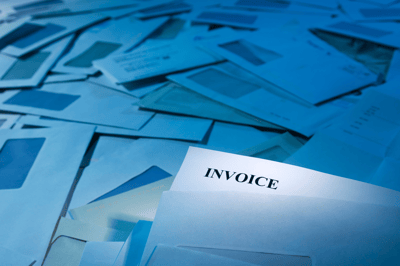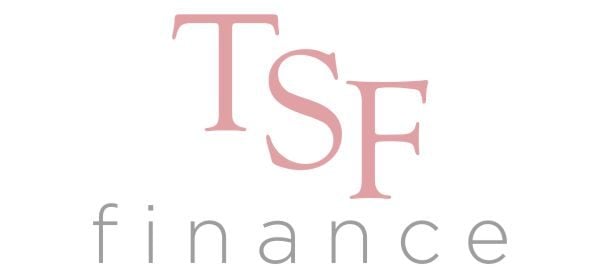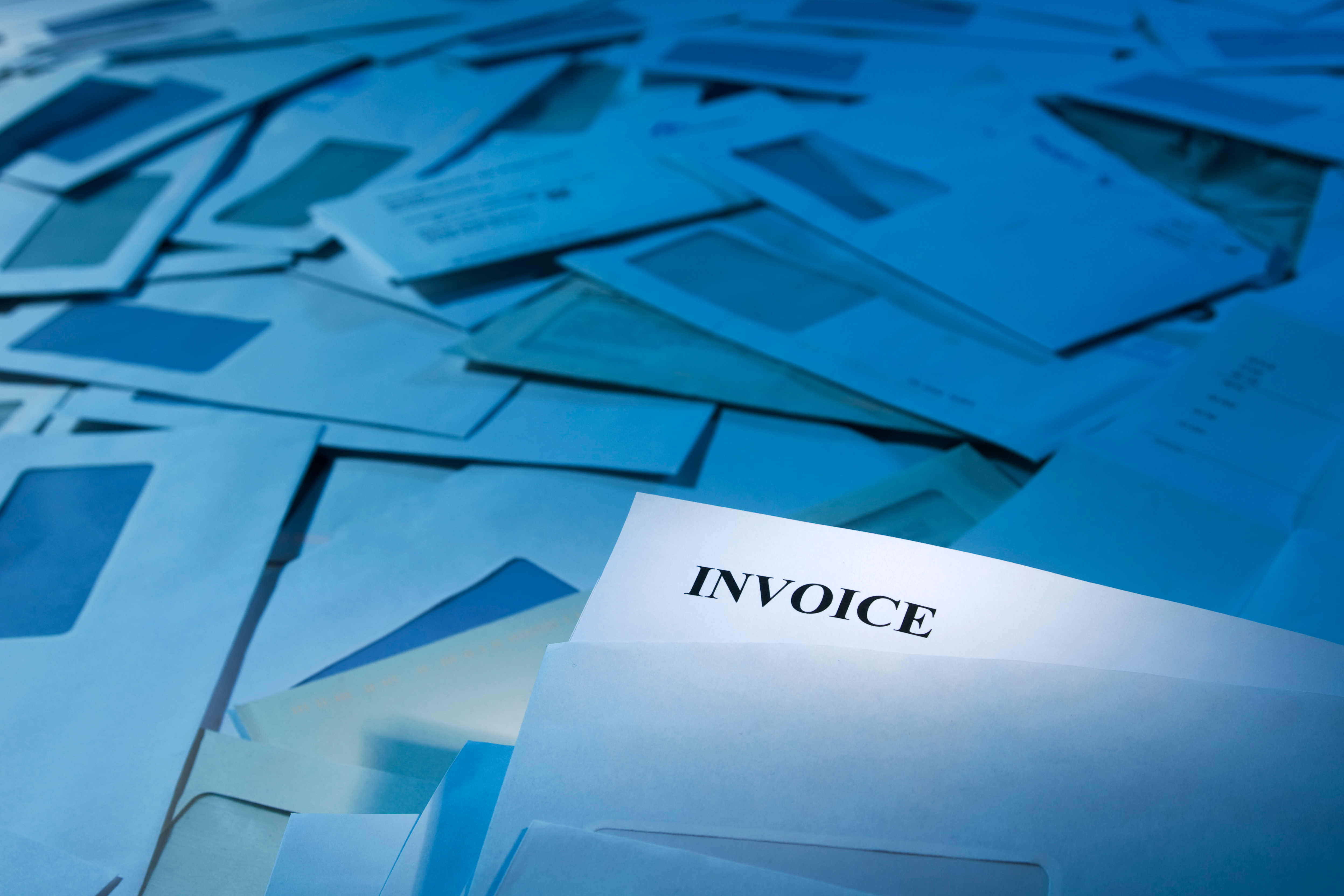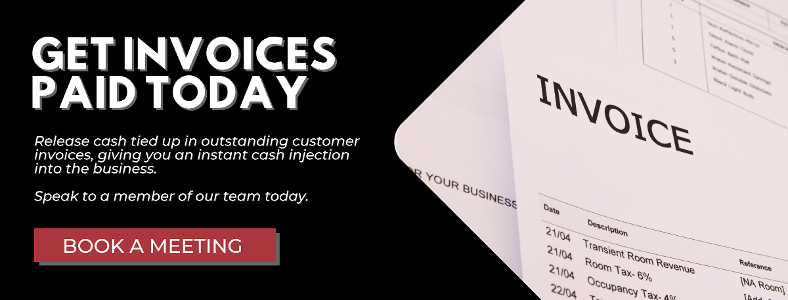For over a year, many businesses across the UK have been reliant on the various schemes that have been put in place by the government to offer financial support and come out the other side of the coronavirus pandemic.  However, as this support winds to a close, companies are assessing the financial options before them. While banks have always been the traditional place to go in order to receive support, there are also plenty of alternative lenders out there which offer a range of different advantages, including speed of approval, flexibility in lending terms, and a more personalised level of service.
However, as this support winds to a close, companies are assessing the financial options before them. While banks have always been the traditional place to go in order to receive support, there are also plenty of alternative lenders out there which offer a range of different advantages, including speed of approval, flexibility in lending terms, and a more personalised level of service.
While there are many different types of financial backing available, invoice financing is certainly one that should be considered closely by a host of different small and medium-sized enterprises. So, in the following blog post, let’s take a closer look at the way invoice financing could prove to be a viable option.
The rise in alternative lending solutions
Alternative financing is seeing a rise in demand in general, and this can be down to the limitations that banks can set in place for businesses. Applying for a bank loan can take up precious time, and the result isn’t always what the business is hoping for. As alternative lending is offering a more simplified approach, with fewer background checks on your credit history, with plenty of options available, businesses are seeing the benefits of not heading to the bank.
Plus, different sectors have struggled due to the unique challenges that the coronavirus pandemic has thrown out them. As a result, alternative lending solutions have been sought out at a faster rate. Invoice financing is a viable way of accessing cash quickly. Essentially, it takes into account the orders that have already been placed and the invoices that are still outstanding to get the money upfront rather than waiting on the firms to pay it. After all, it could well be the case that these are businesses that have fallen upon tough financial times as well.
The challenges faced by UK businesses
The challenges faced by UK businesses are obviously numerous. To break this down into some easy-to-digest statistics, £23.8 billion was owed in late payments in 2021, which was up £10 billion from the year before. This is a figure that is only likely to increase over the coming financial years. Eight out of 10 private sector late payments are owed to SMEs by other SMEs, and 54% of companies face late payments at one time or another. It is a sad fact to say, but 50,000 small businesses fail because of late-paying clients on an annual basis.
Invoice financing and its value to your business
Invoice financing involves passing on outstanding invoices to a third-party company, which pays the firm a high percentage of the total owed upfront – usually somewhere between 70 and 90 percent. The invoice financing company will then take on the role of payment collector, charging a fee for their services. There are several advantages of doing this:
Immediate cashThe first advantage is that the access to cash is almost immediate, which is not the case with many different loan solutions.
No impact from credit scoresOften, it does not take into account other issues that are commonly checked, such as the credit score or loan history of the company, which is good news for businesses that do not qualify for a traditional loan.
No waiting periodsAlso, there are no waiting periods for approval, which many companies can find is somewhat agonising. At the same time, it also takes an unfavoured job of many business owners – the chasing of payment – out of their hands, leaving them to focus on other different areas.
Can invoice financing save the day?
Like all loan solutions, invoice financing has its downsides, but it can prove to be useful in a number of different situations. First of all, for businesses that are in need of additional cash flow quickly and have plenty of outstanding invoices, it is highly useful. Secondly, it is ideal for those who want to pass on the job of chasing down payment to a third-party company.
Many companies simply do not know about invoice financing and often go down the route of credit cards and overdraft payments when this can be the more viable solution to them. A greater level of understanding can lead to a sounder financial choice being made, and invoice financing may prove to be it.
For more information about invoice financing, please read our detailed page all about it.












